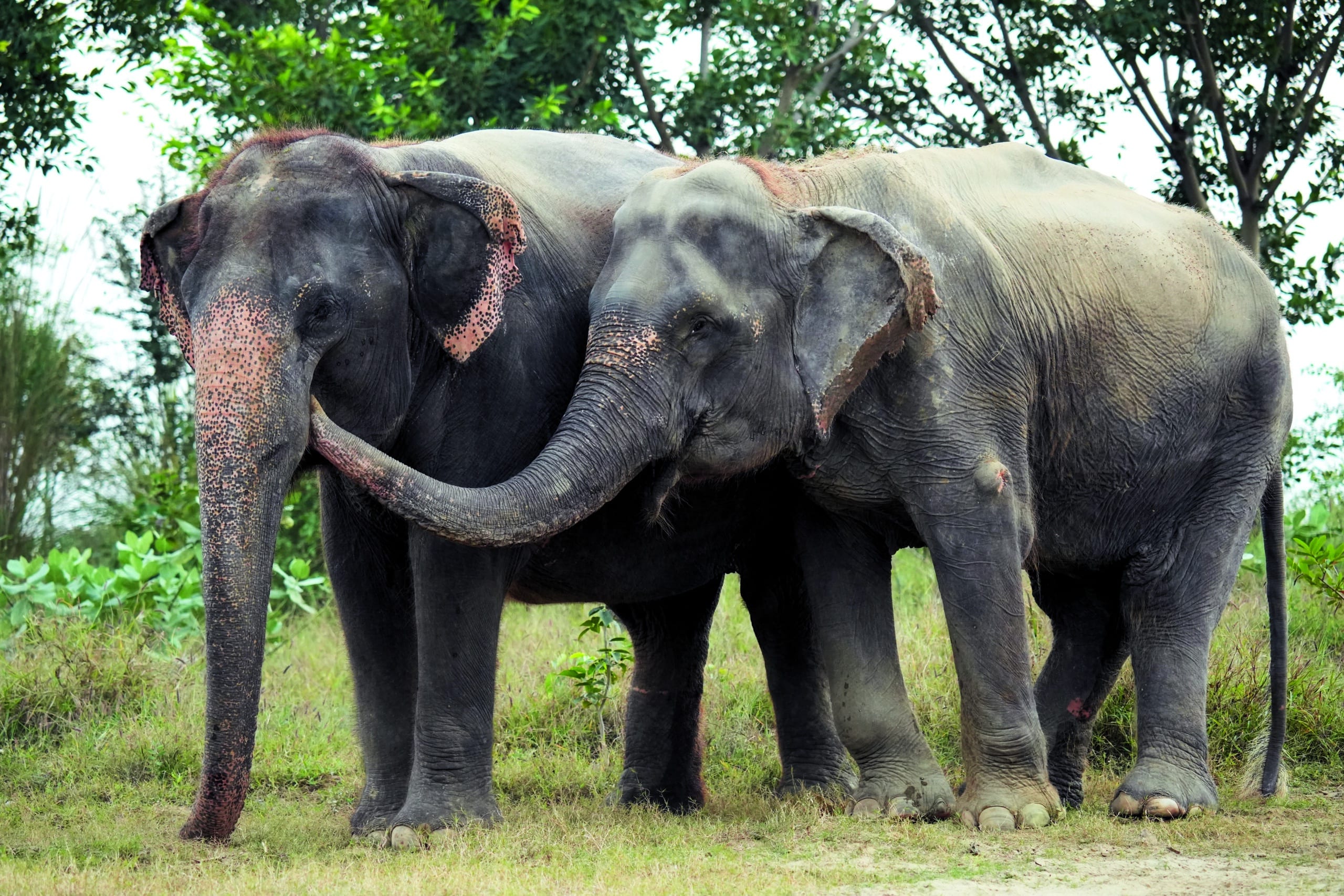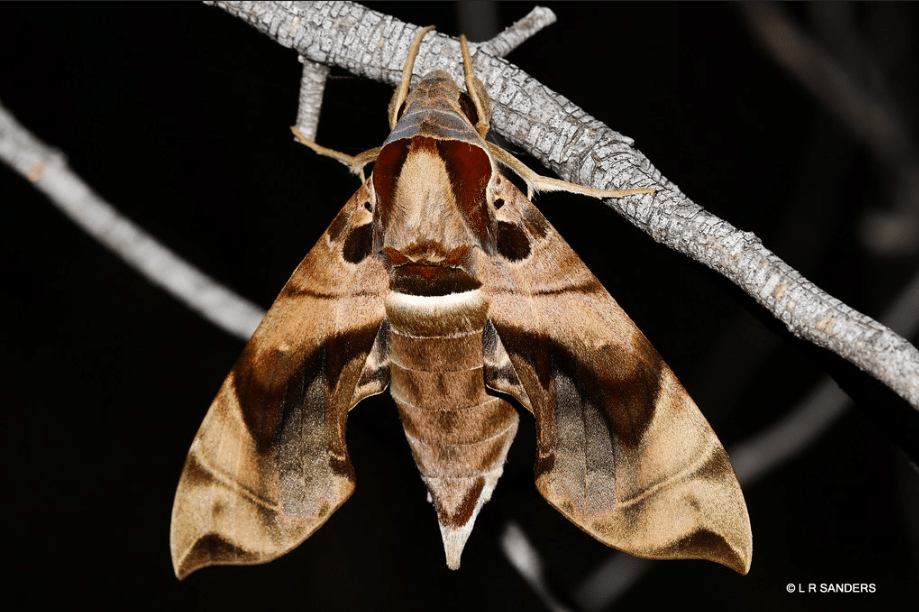You might remember Kalpana—I am happy to report that this year she celebrates her fifth rescue anniversary at Wildlife SOS. Formerly exploited and abused as a ‘begging’ elephant in Uttar Pradesh, Kalpana was rescued in 2019 and brought to the Wildlife SOS Elephant Hospital Campus (EHC) in Mathura for comprehensive...
- Over two thirds of fish sold as flake in South Australian retail outlets was not flake, according to new study
- Over one in five samples were identified as critically endangered sharks
- AMCS and HSI launch Give Flake a Break mini documentary
Australians should Give Flake a Break after a recent study showed that more than two-thirds of fish sold as flake in South Australian retail outlets was not actually flake, the Australian Marine Conservation Society and Humane Society International said today.
Flake should only be gummy shark but it’s often used as an umbrella term for any shark meat – even endangered shark – because fisheries are allowed to take several endangered species and there are no requirements to identify the species of shark being sold.1
The University of Adelaide study also showed that 21% of the fish sold as flake was identified as critically endangered school shark (18%) and the narrow-nosed smoothhound shark from South America (3%). The school shark could come from Australian, South American or South African fisheries. Another 11% of the fish sold as flake ranged from endangered to near threatened species of shark.
AMCS shark scientist Dr Leonardo Guida said: “Australians should definitely Give Flake a Break when there’s a one-in-five shot you are eating critically endangered species, possibly one from overseas.”
“Australia is the pot calling the kettle black, claiming sustainable fisheries but importing critically endangered sharks from questionable international fisheries to feed the unwitting punter and families at the local fish and chip shop.
“The Australian Government must implement stronger seafood import controls, so we are not propping up illegal fishing practices and undermining Aussie fishers who are operating at the highest environmental standards.
“We must have accurate seafood labelling. Duping the consumer and passing off any shark species as ‘flake’ is like passing off red meat from cows, pigs, lamb, horses and kangaroo all as ‘beef’.”
HSI marine biologist Lawrence Chlebeck said: “While accurate labelling laws are important, it takes years to get them in place and it’s time some species may not have. The most immediate thing the Australian Government can do is address the root cause and stop endangered sharks being caught in the first place by fixing our fishing rules and giving endangered animals the protection they need under our national environmental laws.
“Sharks get a bad rap, but they’re critical to the health of the oceans and keeping the food chain balanced. The world has lost 70% of its oceanic sharks and rays in just 50 years, and more than a third of shark species are threatened with extinction.”
Dr Guida said: “Giving flake a break and choosing environmentally sustainable alternatives from our GoodFish guide will drive positive change that supports local retailers, local fishers, and the recovery of endangered sharks.”
AMCS’s super-easy GoodFish guide www.GoodFish.org.au shows you what sustainable alternatives there are to flake, including:
- Rock Flathead caught in VIC
- Sand Whiting (yellowfin whiting) caught in NSW
- King George Whiting wild caught in Vic, SA and WA
- Silver Perch farmed from NSW, Qld or WA
- Barramundi farmed from Qld, NSW, Vic, SA, NT, WA
Watch the Give Flake a Break mini documentary or the trailer here.
1 There is no legal requirement to accurately identify any fish served in a restaurant or pub, except in the Northern Territory. Up to 225 tonnes of endangered school shark is allowed as “unavoidable” bycatch in legal gummy shark fisheries, and up to 200t of endangered scalloped hammerhead can be caught and sold per year, including 78t from the Great Barrier Reef. Endangered school shark is the second most valuable shark meat in Australia’s largest fishery (Southern and Eastern Scalefish and Shark Fishery), bringing in $2 million in 2020-21.


